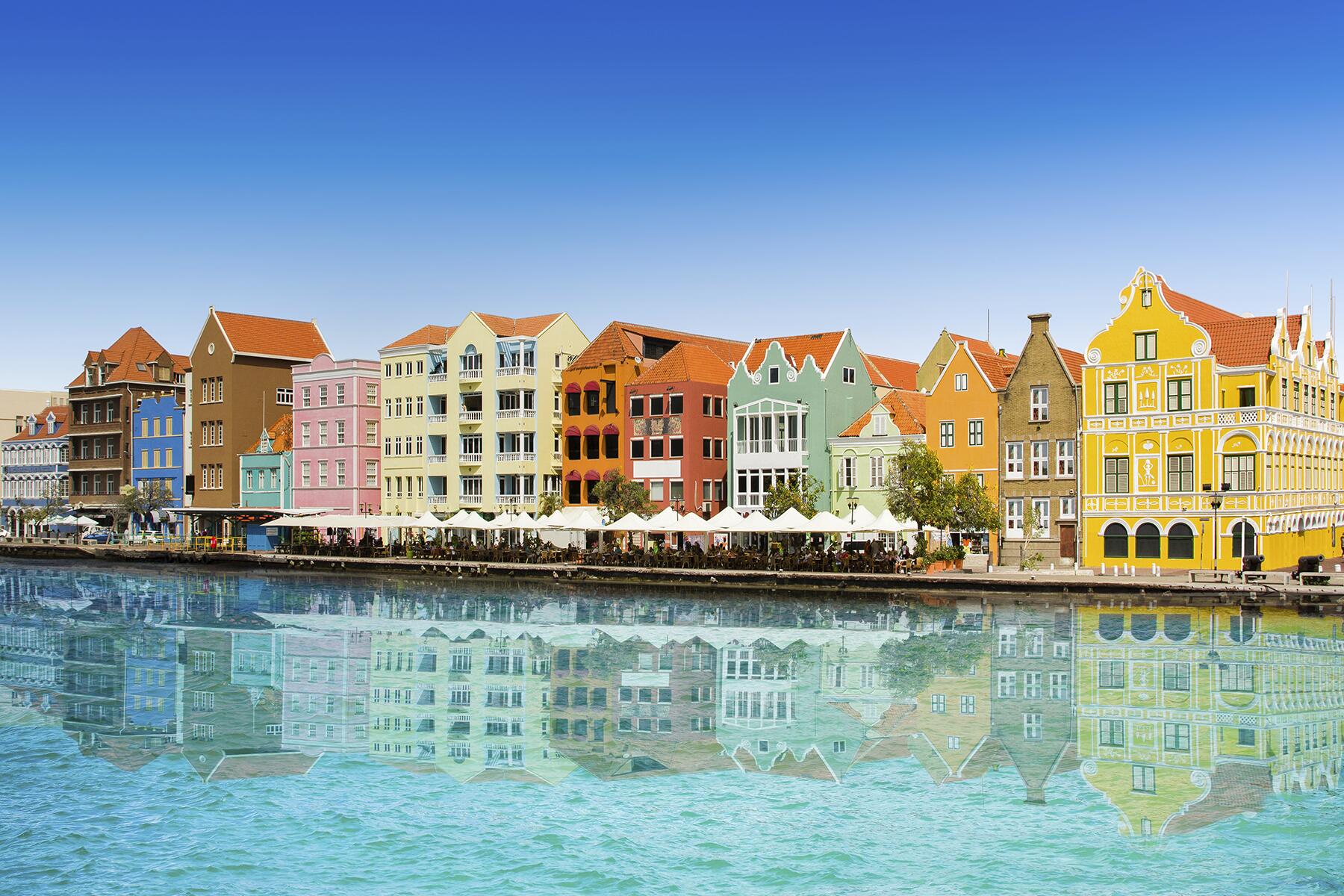It's the second European country to consider the change, after France introduced a similar law last year.
Spain is the latest country in Europe to propose a ban on short-haul flights. The government is planning to eliminate short flights where a train route of less than 2.5 hours exists. This is an attempt to curb quick, hop-on, hop-off flights to make travel more sustainable.
The law has been under consideration since 2021 as an effort to reduce carbon emissions, but the initial proposal looked much different. The plan was to stop flight routes where passengers could travel the same distance by train in four hours, saving 300,000 tons of carbon emissions and eliminating 11 flight routes.
However, the edited version is likely to have minimal impact. Flights from Valencia, Barcelona, Seville, and Alicante to Madrid may come under the radar (high-speed trains for these are popular among travelers already). Routes such as Barcelona to Seville, a six-hour train ride, won’t be targeted. It has also been noted that connections with international routes will be exempt.
A similar law was passed in France last year, and only three flight routes were deleted from airline schedules once it came into effect.
Recommended Fodor’s Video
Spain accounts for 9% of the greenhouse gases in the European Union (EU), and the transport sector is its largest emitter. This move comes as European countries are tackling climate change with new legislatures to reduce emissions and become more sustainable.
Related: Is Your Trip to France Ruined Now That They’ve Banned Short-Haul Flights?
Europe’s Green Deal
The European Union has a goal to be climate-neutral by 2050. Transport contributes to a quarter of emissions in the E.U., so one of the bloc’s aims is to focus on sustainable fuels and ways of transportation.
Along this vein, the E.U. decided to phase out free permits given to airlines by 2026. Without these complimentary permits, airlines will have to pay for their carbon emissions, and ultimately, it is expected that they will pollute less to save more. Many countries are also in the process of introducing new laws that discourage air travel. Denmark, for example, will start charging air passengers a green tax from 2025 to finance the aviation industry’s transition to greener practices.
INSIDER TIPIn 2017, around 3.8% of total carbon emissions in the E.U. were directly linked to aviation.
It’s not just France and Spain that are intending to pull focus from airlines—however diluted the final legislation may look. In 2020, the Austrian government bailed out its national carrier on the condition that the airline eliminated short-haul flights where the distance could be covered by train in three hours. It was a symbolic move, as only one flight route was affected: Vienna to Salzburg.
Rail Renaissance
Trains are getting a big push in Europe. 2021 was named the “European Year of Rail” and the momentum is transforming how travelers get around on the continent.
Overnight journeys weren’t as exciting with the advent of shorter, cheaper flights–this led to discontinuation of some services (the Paris to Berlin sleeper was discontinued in 2014). But flight-free alternatives are seemingly more attractive to climate-conscious Europeans, and countries are pouring investments into rail networks. A renewed interest in sleeper trains has brought a rail renaissance with new schedules connecting cities such as Berlin and Paris and Salzburg and Krakow.
While there are many interesting things on track in Europe, flying on some routes within the continent is still cheaper and more accessible for most travelers. Your European holiday won’t be majorly affected (yet) by these new laws, but as a climate-conscious traveler, you have many options if you want to do flight-free travels this summer.



